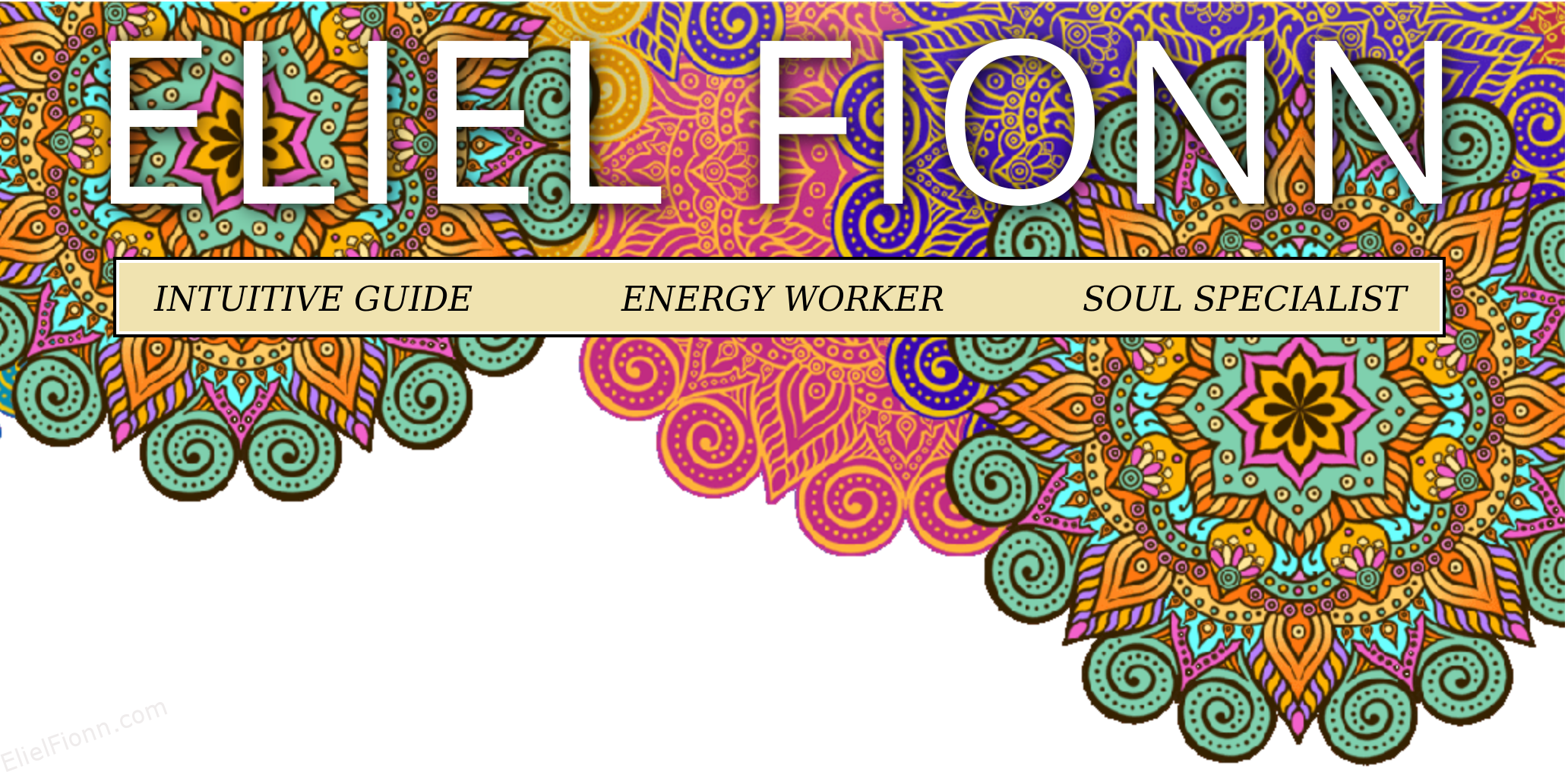Being Sensitive
Maybe you’ve been to a doctor’s office and were told that despite your symptoms, there’s nothing wrong with you and therefore, it’s all in your head. And by the time your ailment shows up on a test, it’s become much more serious.
Maybe you avoid stores with strong scents, and you avoid going to concerts or the theater, because people wearing cologne or perfume make you nauseous. And you get tired of explaining to friends why you won’t go to concerts with them; loud noise gives you a headache and wearing earplugs all of the time isn’t fun.
I use the word “sensitive” to describe someone who perceives at a heightened rate, feels things deeply, and notices or experiences energy, emotion, and sensations that others may not. Many of us are sensitive on different levels and to different stimuli, and that may even vary one day to the next.
Physically sensitive individuals may: experience extreme side effects when taking medicine, and in fact may respond better to wholistic medicine like naturopathic, homeopathic, energy work, or acupuncture. They may have food allergies, react poorly to changes in the environment, and notice the effects of pesticides, Wifi, perfumes, and pollutants. They may be able to discern between scents easily, and startle easily at sudden sounds.
Sensitive folks may respond badly to being touched, even casually, by people they don’t know. They may dislike labels on their clothing and complain about rough seams. They may feel pain more quickly and intensely than the average person. They also may be highly attuned to their bodies and feel sensations at subtle levels that most people aren’t even aware is possible, like feeling the coursing of blood though their veins, micro movements of fascia and ligaments, etc. They may discern shifts of energy with their hands.
Talking to western medical personnel if you are more physically aware than the average person, may be problematic. Our Western medical culture does not accommodate sensitive individuals. Most medicine is prescribed based upon body weight rather than reactivity. For many of us, actually being heard by a medical professional can be therapeutic, because we have often been dismissed or even ridiculed for “exaggerating” complaints.
Emotionally sensitive individuals may tend to experience others’ feelings as if they are their own, and in fact, may have very porous boundaries around friends, family members, and even strangers. A child observing parents arguing may cry or get a stomach ache even if he or she is not the one arguing. A child may feel others’ unconscious emotions and not understand when the person is unaware of those feelings. It is common for sensitive children to be invalidated when it comes to perceptions others are not aware of. This can lead to low self-esteem later in life.
For emotionally sensitive people, anger, even their own, may feel like an assault, even if no one physically touches them. Their entire nervous system becomes adrenalized hearing a raised voice. And many are unable to watch violent or suspenseful movies or watch the news without having profound reactions. And emotionally sensitive people often have physical sensations due to blocked emotions. In fact, they have a high degree of correlation between physical illness and how they feel emotionally.
Sensitive people’s empathy may be so acute that they can feel the residue of old emotions in places like battlefields, hospitals, prisons, or anywhere intense or violent events have taken place. They notice other people’s body language, facial expressions, and may become overwhelmed by others’ emotional states. They may pay more attention to the tone of someone’s voice and their body language than what words they say. As one emotionally sensitive person said, “Each person I meet is like a whole world of thoughts and feelings. I can only handle so much and then I need to go home and be quiet to recover.”
Mentally sensitive individuals may literally be vulnerable to thoughts of others, pick up other people’s judgments and think they are theirs, be telepathic, have a hard time turning off their minds, be brilliant, be able to free associate easily and be highly creative, be easily affected by other people’s beliefs, and have synaesthesia, where senses are mingled instead of separate.
Energetically sensitive individuals may become overwhelmed in crowds, particularly crowds that are emoting or in a heightened state. They may have strong reactions to other people, get a bad feeling around others, feel attacked when no one is actually intending them harm, or dislike people in general because they feel like they must constantly fend off their energy. They notice that everything has energy, may tend to anthropomorphize objects, respond strongly to antiques, old books, and other objects.
Sensitive individuals may see auras, and need extra grounding to stay focused. They may be able to predict earthquakes and other earth changes. They may have many well-developed intuitive senses, like experiencing dead people after they are supposedly gone.
The Beauty of Sensitivity
Being sensitive can be really rough in this particular culture, but it provides benefits too. Being empathetic is great for those in helping professions, once you learn boundaries and grounding techniques, and work on enough of your own personal issues so that you aren’t constantly triggered by everyone else’s. Having heightened senses makes life more vivid, and for creative people, this can lead to fantastic artwork, music, inventions, etc. Sensitive people may need a great deal of immersion in nature, and be able to keep themselves entertained easily.
Once you get a handle on boundaries, sensitivity can be a real asset in relationship. Sensitive people make excellent, understanding, caring friends, lovers, and spouses. They will need space to themselves, however. And they may not have hundreds of close friends, but be satisfied with a few. If you have identified yourself as a sensitive person, there are many good books out there on the subject like, “The Highly Sensitive Person,” by Dr. Elaine Aron.
There are many grounding techniques and ways to dial down your sensitivity when necessary without having to shut down completely or hide out in your house. And being your authentic self is really the point, isn’t it? Learning to manage your sensitivity allows you to be more comfortable in this messy, stimulating, sensational world of ours.

THANK YOU for such helpful information expressed so clearly. I thought I had a handle on being s sensitive person but you filled out the picture even more.